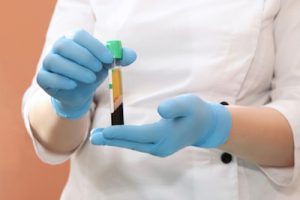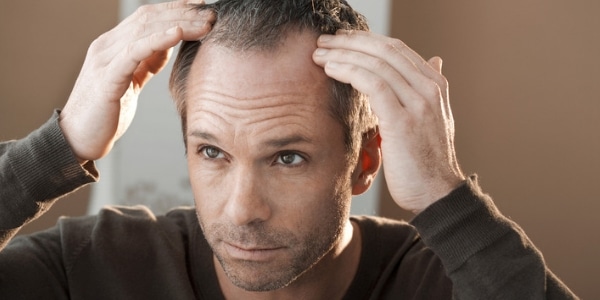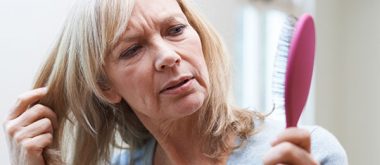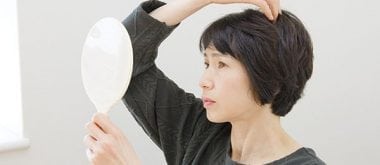A substance known as platelet-rich plasma (PRP) might help people stricken with hair loss. As you are there are many reasons why hair loss might occur, PRP helps to combat this loss. However, there are some concerns and possible complications to be aware of before using this type of procedure.
PRP Overview
Platelet-rich plasma is medically engineered preparation of human blood comprised of an increased concentration of platelets. In recent years, scientific research has suggested that this substance could potentially help injured or damaged bodily cells regenerate. Platelets are known to carry various proteins that are integral to the healing process.
PRP is created through a multi-step process. First, an intended recipient donates a blood sample. After blood is drawn and placed in a tube, it is then deposited into a machine called a centrifuge, which separates the various components of blood (red and white blood cells, plasma and platelets). Finally, platelets are reentered into the patient’s blood. Medical professionals opine that, following this procedure, a recipient will have anywhere from five to ten times the systemic concentration of platelets than the average individual.
Once the PRP creation process is complete, platelet-rich blood is injected into the body. The injection site is typically where the recipient has sustained some kind of athletic or physical injury. PRP has been employed to treat a variety of ailments, including ligament and tendon injuries, muscle damage, scar tissue following surgical procedures, fractured bones and arthritis. PRP has also been used to help individuals stricken with receding hairlines.
Why People Lose Hair as They Age
An abundant and well-kept head of hair is an aesthetic benefit to many people. However, as they age, such quality might diminish for numerous reasons. In many instances, the culprit is hormonal changes. When individuals grow older, they experience changes in systemic chemical composition that can and often does impact hair growth.
Other factors can precipitate diminished hair growth as well, including a family history of receding hairlines, undergoing extreme emotional stress, usage of specific medications and certain diseases.
The Correlation Between PRP and Hair Loss
There has been a increasing belief amongst certain members of the medical community that, when injected into a recipient’s scalp, PRP can increase blood supply to weakened hair follicles and stimulate growth. Though scientific literature on this subject is far from comprehensive, some in the healthcare field believe PRP can prove effective in treating receding hairlines, and studies have been conducted supporting this hypothesis. These examinations found that individuals undergoing PRP treatment witnessed regrowth of thicker hair.
Potential Complications

Natural Methods of Combating Receding Hairlines
Though research conducted regarding the effectiveness of PRP in the battle against hair loss is promising, members of the scientific community believe that these studies are still in a relatively early stage.
Fortunately, however, individuals with receding hairlines can employ a variety of natural techniques that might curtail some of the loss:
- Consumption of a Protein-Rich Diet – Nutrients known as proteins are thought to stimulate hair growth. Individuals might be able to delay the onset of hair recession or curtail the severity of it by consuming a diet that contains foods rich in protein, such as eggs, nuts, fish, beans and produce.
- Careful Monitoring of Dietary Supplements – In many instances, the intake of dietary supplements could prove paramount to ensuring that individuals receive recommended amounts of important nutrients. Certain substances, however, especially when combined with specific medications, can exert an adverse impact upon hair growth. Aging individuals are advised to discuss the supplements they use, as well as disclose the medications they are taking, with their healthcare provider.
- Stress Reduction – Stress reduction is not easy and sometimes feels impossible, but significant emotional or physical tension could impact hair growth. Therefore, those experiencing stress are encouraged to identify and participate in relaxing activities.
- Avoid Indulgence of Potentially Harmful Vices – Activities such as consuming excessive alcohol, ingesting illicit substances, smoking cigarettes, eating too many sugary foods or drinking highly caffeinated beverages can exert a negative impact upon the hair restoration process.
- Specialized Shampoos – Certain types of shampoo could protect and preserve one’s hair. One specific type of specialized shampoo that hair specialists and medical professionals recommend is called Nioxin.





